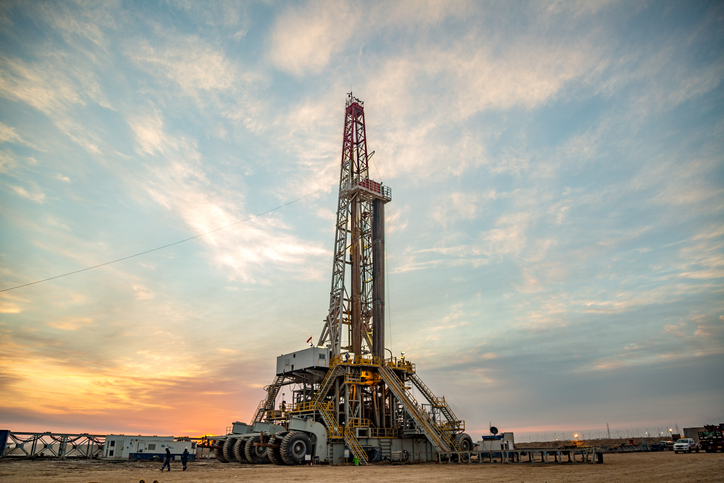
Earthquakes are becoming increasingly frequent across West Texas, with new research pointing to fracking in the Permian basin as one possible culprit.
Hydraulic Fracturing in the Permian Basin
Hydraulic fracturing, or fracking, is a drilling method that involves the injection of water, sand, and chemicals into underground rock formations to break apart shale and access deep-seated deposits of natural gas and crude oil.
Fracking also produces large quantities of saltwater waste, which drillers usually dispose of via underground injection wells. In fact, nearly every new well that came online in West Texas and New Mexico during the Permian basin boom involves the use of an underground disposal well.
209 Texas Earthquakes Recorded this Year
So far this year, the TexNet Seismic Monitoring Program at UT-Austin has already recorded 209 earthquakes in Texas, compared to 192 during all of 2018.
Previously, wastewater injection wells had been tied to increased seismic activity in Colorado, Oklahoma, and Canada. This latest study, however, suggests a recent swarm of earthquakes in Reeves, Pecos, and Culberson counties were the consequence of the fracking process itself.
“The research done through this new study in West Texas, using a statistical approach to associate seismicity with oil and gas operations, suggests that some seismicity is more likely related to hydraulic fracturing than saltwater disposal,” Alexandros Savvaidis, manager of the TexNet Seismic Monitoring Program, said in statement announcing the findings.
Other Negative Consequences from Permian Basin Boom
The Permian basin is now producing more than 5 million barrels of oil every day. Unfortunately, the increased earthquake activity isn’t the only negative consequence of the unprecedented drilling boom.
For example, while just 2% of the Texas population resides in the 12 Permian basin counties that make up TxDOT’s Odessa District — Andrews, Crane, Ector, Loving, Martin, Midland, Pecos, Reeves, Terrell, Upton, Ward, and Winkle — the region now accounts for roughly 11% of the state’s traffic-related deaths.
During the last three years alone, fatal truck and 18-wheeler crashes increased more than 120% across the Midland-Odessa region, while overall traffic fatalities rose by 160%.
The growing danger on the Permian basin’s roads and highways is largely attributable to the increase in 18-wheelers and other heavy trucks now hauling supplies to and from the busy oilfields virtually around-the-clock. It doesn’t help that a severe shortage of experienced oilfield truckers has also attracted thousands of new commercial drivers to the Permian, many of whom are too inexperienced, overworked, and fatigued to safely navigate the region’s hazardous rural roads and highways.
In recent years, deadly pipeline explosions and drilling rig accidents have also become a fact of life throughout the Permian, as have high housing costs, overcrowded schools, and growing pollution problems.
Contact Our Permian Basin Oilfield Injury Lawyers for a Free Consult by Calling 1-888-603-3636 or Click Here
Our Undefeated Oilfield Accident Lawyers have won billions for clients across Texas and throughout the United States in connection with pipeline explosions, oilfield accidents, and other work-related injuries.
If you have questions about your legal rights and options following a Permian basin accident or explosion, please call 1-888-603-3636 or Click Here to send us a confidential email via our “Contact Us” form.
All consultations are free and, because we only represent clients for a contingency fee, you’ll pay nothing unless we win your case.